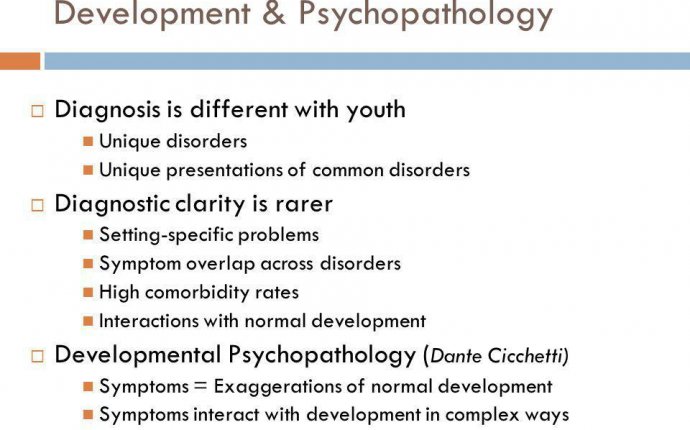
Unique Disorders
Click on one of the topics below
Rare chromosome disorders include extra, missing or re-arranged chromosome material but do not include the more common chromosome conditions such as Down's Syndrome. Using the latest technology, it is now possible for smaller and more complex chromosome defects to be identified. The amount of chromosome material duplicated, missing or re-arranged can vary a great deal. This means that it may be difficult to identify two people who have exactly the same chromosome disorder. The clinical problems of those affected can also vary enormously even when the chromosome diagnoses are similar.
Individually rare chromosome disorders are indeed very rare but collectively they are common. In fact at least one in every 200 babies is born with a rare chromosome disorder, many babies having symptoms from birth or early childhood. The rest might be affected when they grow up and try to have babies of their own - multiple miscarriages, fertility problems, stillbirths or the birth of a disabled child. Some of these chromosome disorders are so rare that they are actually unique. It is usually immediately following diagnosis that affected families and individuals have the greatest need for emotional and practical support and above all, for information. But even among the more common "rare" disorders, it is likely that the professionals in the local community - the GP, Social Worker or even hospital specialists - will have never before come across anyone with the same disorders. The usual sources of support are not available to affected families, yet the effects of the disorders can be devastating. The vast majority of families have a desperate feeling of isolation. Under the umbrella of Unique membership, families can benefit from mutual support and linking even though the chromosome disorders may be quite different.
General information on chromosomes and rare chromosome disorders can be found below or in our Little Yellow Book.









